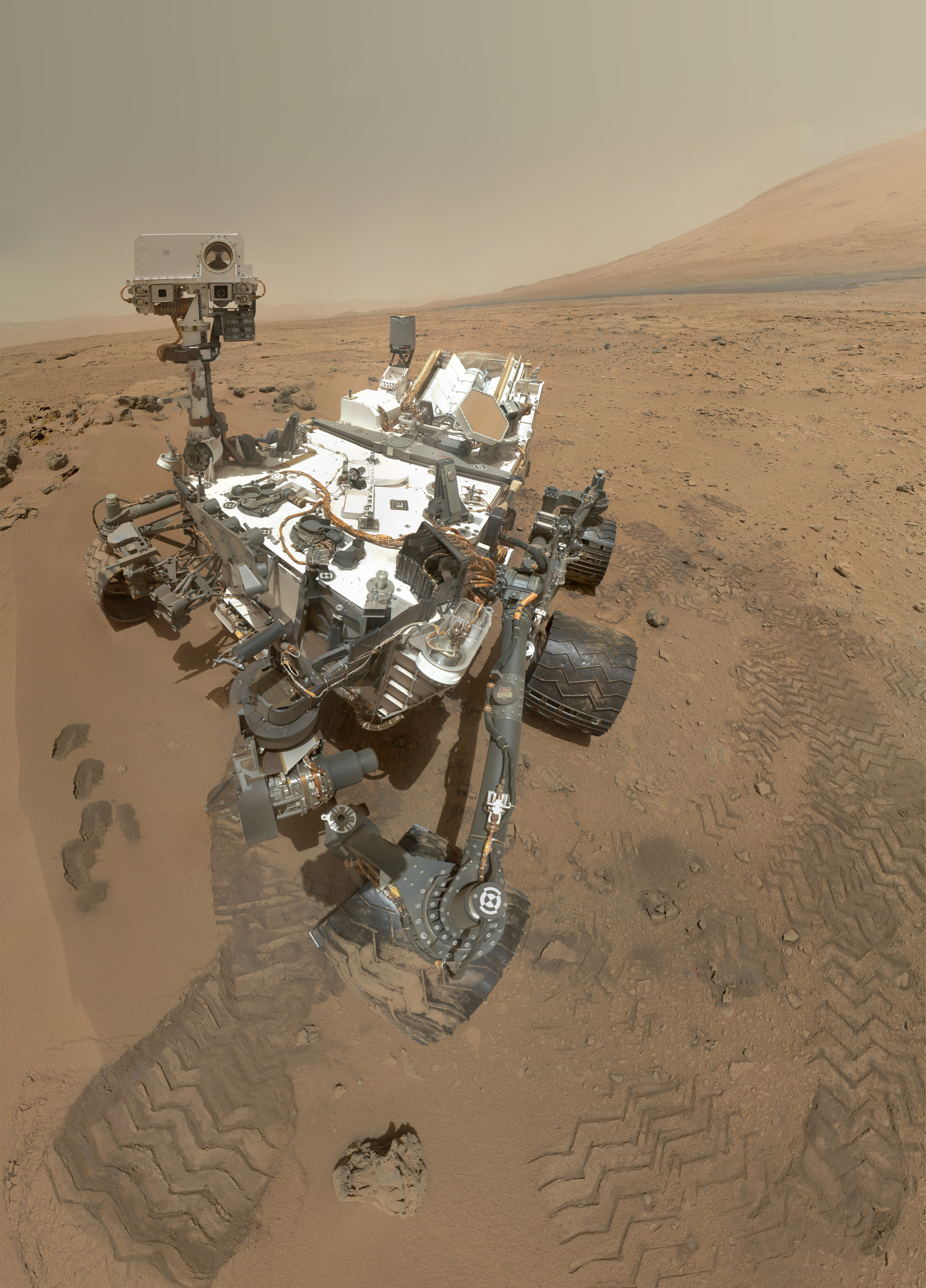Curiosity Mars Rover Team Switches Back to Earth Time

The mission controllers overseeing NASA's Mars rover Curiosity are finally switching back to working on Earth time after three months of operating in sync with the Red Planet, where days last 24 hours and 39 minutes.
The team in charge of Curiosity's instruments and operations at NASA's Jet Propulsion Laboratory (JPL) in Pasadena, Calif., had been working in shifts aligned with Martian time for the first 90 Mars days, or Sols, of the mission. Since the start of the Sol is always changing relative to Earth time, the team's start time for daily planning had to be moved a few hours later each week.
A constantly shifting schedule that includes overnight hours can produce effects similar to chronic jet lag, seriously disrupting an Earthling's 24-hour internal body clock. But NASA officials announced that mission managers were able to compress the daily planning process so that this week the team at JPL started working between 8:00 a.m. to 8:00 p.m. PST.
"People are glad to be going off Mars time," said Richard Cook, the rover's deputy project manager.
"The team has been successful in getting the duration of the daily planning process from more than 16 hours, during the initial weeks after landing, down to 12 hours. We've been getting better at operations," Cook added in a Nov. 6 statement.
In another change this week, visiting scientists who have spent some time at JPL since Curiosity's momentous landing on Aug. 5 are heading home. More than 200 non-JPL scientists who were in Pasadena to work on the mission will still participate regularly from their home institutions throughout North America and Europe, NASA officials said.
"The phase that we're completing, working together at one location, has been incredibly valuable for team-building and getting to know each other under the pressure of daily timelines," said Joy Crisp, Curiosity's deputy project scientist at JPL, in a statement. "We have reached the point where we can continue working together well without needing to have people living away from their homes."
Sign up for the Live Science daily newsletter now
Get the world’s most fascinating discoveries delivered straight to your inbox.
Curiosity is set to spend at least two years on Mars to determine whether the planet could ever have had the conditions necessary to support life.
This story was provided by SPACE.com, a sister site to LiveScience. Follow SPACE.com on Twitter @Spacedotcom. We're also on Facebook and Google+.











